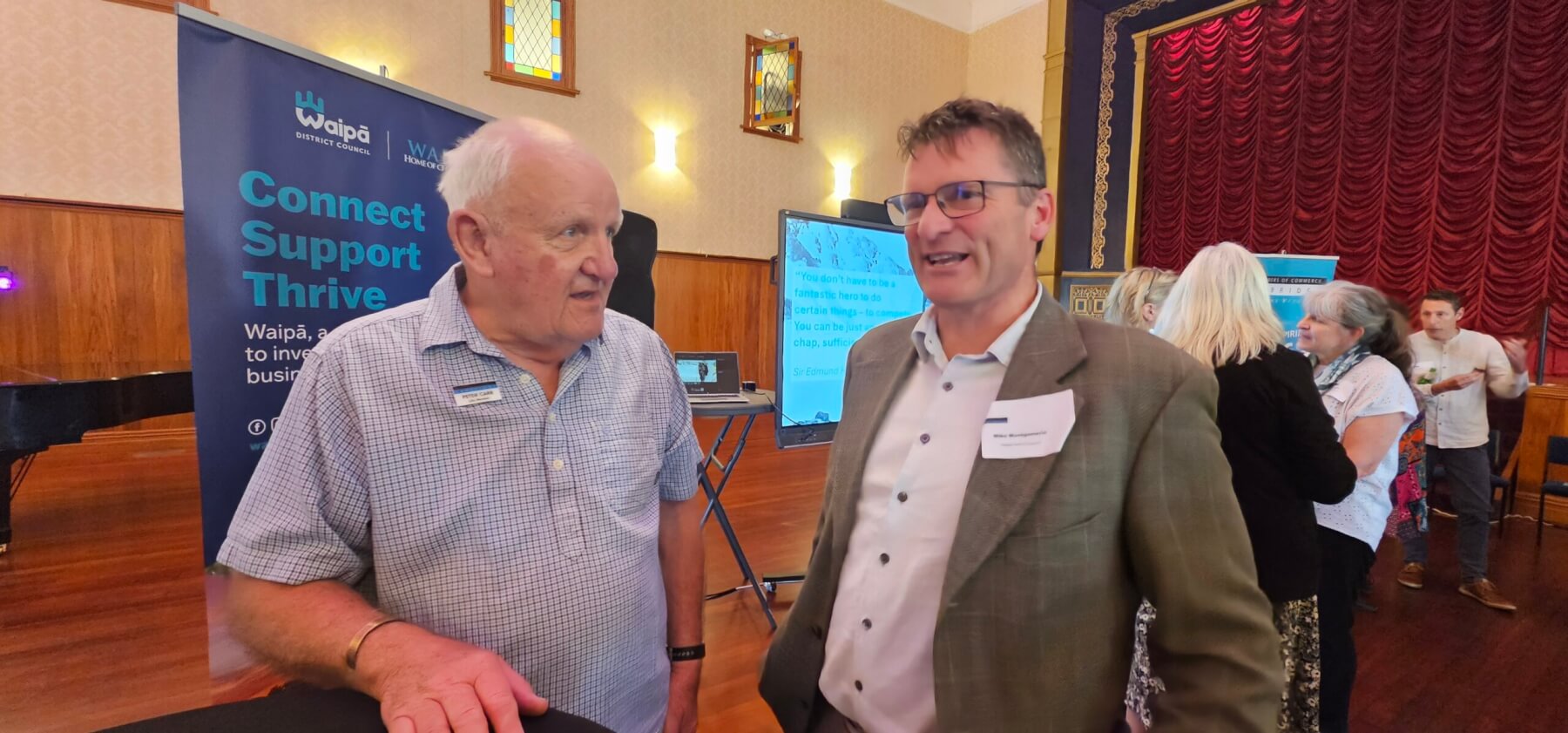Thirty two years ago our household was divided over the matter of the referendum that canvassed opinion as to MMP – or not. I was strongly against it as I felt that a 61 seat (or so) parliament was sufficient for the current circumstances and was concerned that the standards of representation would drop.

Peter Carr
I sincerely feel that I was right as witnessed by antics in the House over recent weeks.
Have we been well served since? Are we a better nation as a result of MMP? Are we being served by totally professional and well-reasoned representatives? Do we have faith in what is our current lot? So, for the moment let me state, on a personal basis, a firm no to all of those questions.
But the whole mess is overlaid by the relative short terms of our parliaments. A quick canter through Google reveals that, across the world, only 2.5 per cent of nations stick with three years, 31 per cent with four, 49 per cent with five and then a drop back to 7.5 per cent for a six year term. Most systems elect members for the whole term although the US and Argentina roll partial elections for members (or senators) midterm. And Germany has a strange mix due to regional balances.
Two key matters arise here. Question – do we want what we currently have plus one third longer? And, more importantly, do we suffer a tit-for-tat shambles when there is a change at the end of a triennium?
Clearly there is an option for (at least) the two major parties to take the common shared options for longevity and continuity in health, infrastructure and education. It was pleasing this weekend to read that National and Labour are moving, sensibly, towards common ground to ensure that major structures (for example, Dunedin Hospital, improved roads and bridges) are continued regardless of who holds the Treasury benches.
The shambolic nature of our health system with three top managers jumping ship tells its own story. The 2017 Labour government kowtowed to the minority Greens to stop the Cambridge to Piarere extension to the Waikato Expressway.
The poor people of Otago and Southland have been treated shamefully by both major parties while building costs and materials rise sharply in price frustrating the erection of a total – and not partial – hospital. And the educational performance levels of a large group of our young people are descending to third world status.
And beware of the panacea to all major decisions – referendum. The shambles in Australia over the supply of a well-placed Aboriginal political voice was drowned by left-wing academics and those who clearly did not understand what was in mind. John Key’s new flag, likewise, became subject to the whims of minor vociferous factions who most certainly did not have the wit to perceive the meaning of nationhood. And perhaps Key, in his heart, already knew that a referendum was a guaranteed avenue to kill the subject – unlike Mr Albanese across the ditch.
Beware those standing for public office. Many of them do not know what they are capable of doing – or undoing. Which brings me to Waipā District Council… sigh.

The News’ columnist Peter Carr catches up with Waipa councillor Mike Montgomerie at the Meet the Waipa CEO event held in the Town Hall. Photo: Mary Anne Gill.








